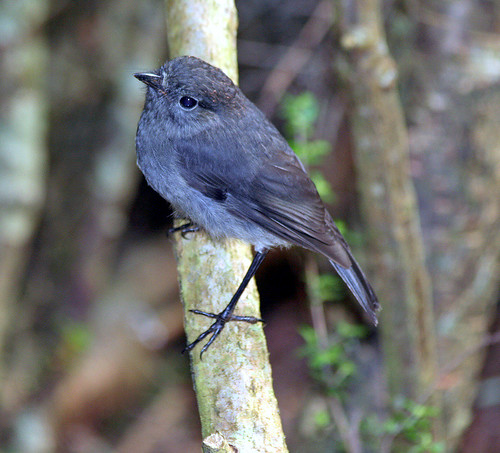The Easter Parade by Richard Yates
(Vintage) Pp. 226
Along with Revolutionary Road, this compact and expressive work is considered
to be one of Richard Yates’ finest novels. His vision of all-American
self-loathing and entrapment is bleak and painful to read, while his characters
are well drawn with sharp outlines. The opening line sets the tone: “Neither of
the Grimes sisters would have a happy life, and looking back it always seemed
that the trouble began with their parents’ divorce.” From there it is all
steadily downhill and increasingly out of control.
The two sisters are Sarah and
Emily: “Sarah was the dark one, with a look of trusting innocence that would
never leave her; Emily, a head shorter, was blond and thin and very serious.”
The novel is comprised of short descriptions without excessive detail; Yates
tells stories and expresses thought and emotions succinctly. Over a span of
forty years the girls grow up: their father leaves; they get careers and
relationships and marriage and children; their mother, Pookie, goes into a home;
and they try and live a life and be happy, but they aren’t.
Sarah marries an abusive man and
succumbs to suburban depression; Emily has a succession of men; Pookie
constantly tries to make up for being left by a man: they are all dominated by the
need for male approval and validation, which chimes discordantly in this era. They
seem to only validate their existence through male eyes. When Emily questions
her older sister as to why she stays with a man who beats her, Sarah answers,
“It’s a marriage. If you want to stay married, you learn to put up with
things.” Emily suspects there may be alternatives and goes to college to major
in English.
She moves to the city and takes
on a series of not-very-important jobs in advertising, losing herself in unfulfilling
relationships and drink. She begins to feel disillusioned as she ages. What
options were there for women? Emily tells Sarah she could leave her husband and
do something else, but what? “The only thing she could picture was Sarah
working as a receptionist in some doctor’s or dentist’s office. (Where did all those pleasant, inefficient
middle-aged ladies come from, and how had they gotten their jobs?)”
The relationships are all full of
anger and spite, and the writing reflects this nasty misogyny. Emily’s husband,
Andrew, tells her in intimate detail how much he hates her body (when they have
been married for less than a year) in a degrading and objectifying manner, with
no consideration of her mind. “I hate your sensitive little tits. I hate your
ass and your hips, the way they move and turn; I hate your thighs, the way they
open up. I hate your waist and your belly and your great hairy mound and your
clitoris and your whole slippery cunt.”
These women are constantly trying
to numb themselves from the sharp edges of the world in which they live. They
turn inward, but they don’t like what they see there either, in what is a novel
of profound sadness where the omnipresence of alcohol and ill health (both
mental and physical) are reminiscent of Eugene O’Neill.



.jpg)
.jpg)

